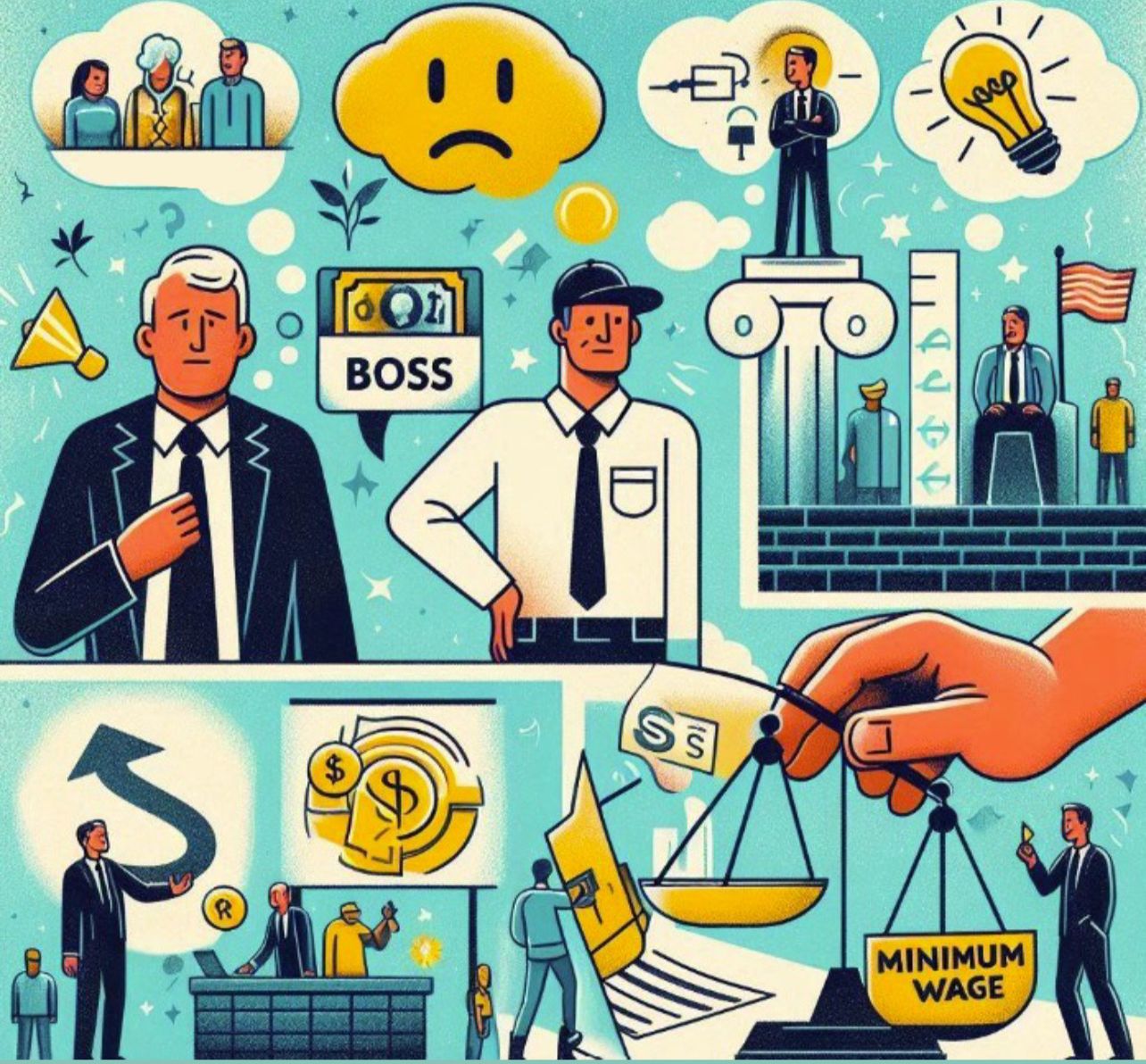Archivos - Página 2
-

Objetivos del aumento en el salario mínimo 2025 ante niveles inflacionarios y presiones externas
Vol. 6 Núm. 2 (2024)La nueva administración gubernamental en México trae consigo propuestas propias; pero también, compromisos por mantener la ideología de las políticas sociales, así como acuerdos con el sector empresarial y la sociedad en sí. En este sentido, ante la especulación sobre el 12% del aumento en el salario mínimo para 2025, que circulan en algunos medios, nos preguntamos: ¿por qué el aumento para 2025 tendría que ser menor al aumento promedio (20%) que se determinó en la anterior administración? Hay varias posturas, una de ellas es: considerar niveles inflacionarios dentro de este aumento en salarios; otra, un compromiso externo con el cuidado al medio ambiente, esto es, evitar una sobre producción por parte de las empresas, para contrarrestar el aumento salarial. Y una última, derivado de este aumento salarial, las empresas podrían optar por recortar personal. El último punto, trae consigo un nivel de informalidad, por lo que habría que analizar si repercute o no en la economía. Estas historias, amigos lectores, es lo que RISAD les comparte en este número agosto-diciembre 2024.
Imagen de portada:
Precaución a aumento del salario mínimo
Autor: María José Ruíz Martínez, imagen creada a través de inteligencia artificial
Publicado: 26 de noviembre 2024
-

Percepciones, mano de obra calificada y salarios mínimos, implicaciones para un mercado laboral equitativo
Vol. 6 Núm. 1 (2024)La percepción del trabajador sobre el liderazgo del directivo, es crucial para su compromiso y lealtad. Esto implicaría en un entorno laboral sano, mayor productividad laboral y posicionamiento de la empresa, lo que también se puede alcanzar con la preparación académica del trabajador. No obstante, si no hay condiciones para dicho trabajador calificado, éste optaría por migrar buscando mejores condiciones laborales y por lo tanto mermar un mercado laboral optimo y equitativo. Entre otras acciones, para evitar una mala percepción y la migración calificada, puede crearse una política laboral a través de aumentos salariales. Esta historia, es la que RISAD presenta a sus lectores en este primer número del 2024.
Imagen de portada:
Percepción y migración laboral
Autor: María José Ruíz Martínez, imagen creada a través de inteligencia artificial



